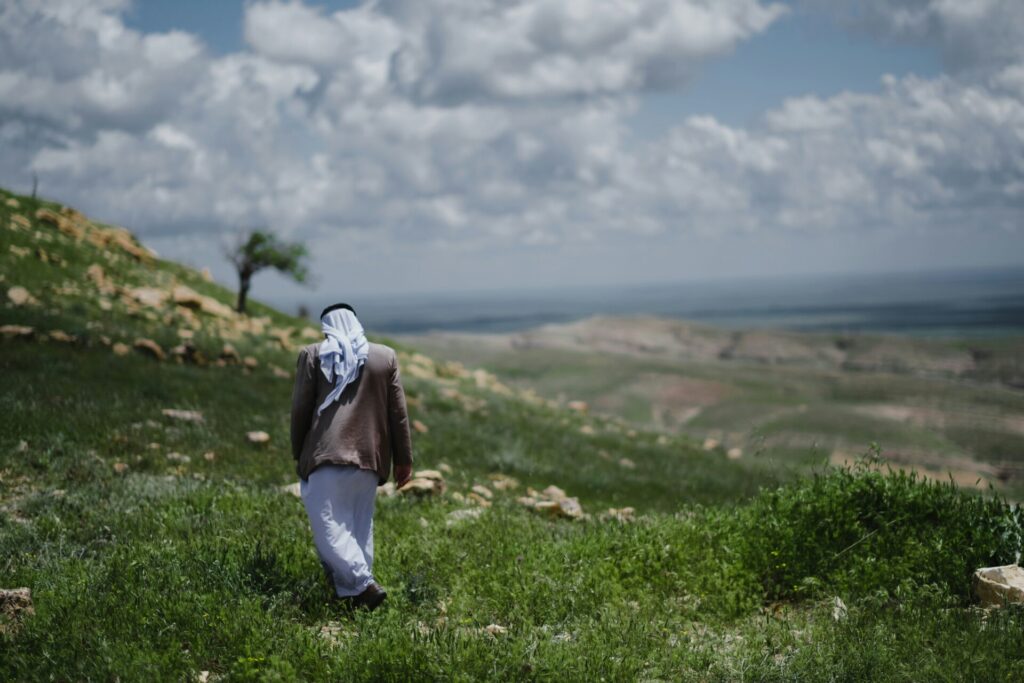Immigrating to a new country will always present hurdles and opportunities. In the case of Iraq, a nation rich in history and culture, the journey of immigration entails unique experiences and complexities. From bureaucratic hurdles to cultural adjustments, the path to settling in Iraq is multifaceted and requires resilience, patience, and determination.
Bureaucratic Maze
The journey begins with navigating the bureaucratic maze of immigration procedures. Like many countries, Iraq has its own set of regulations and requirements for those seeking to make it their new home. From visa applications to residency permits, prospective immigrants must wade through paperwork, often in a language that may be unfamiliar to them. Navigating these processes can be daunting, especially for those who are not fluent in Arabic, the official language of Iraq. Language barriers can exacerbate the already complex bureaucratic procedures, leading to delays and frustrations.
Security Concerns
Iraq has experienced periods of instability and conflict, which have left lasting impacts on its security landscape. For immigrants, concerns about safety and security loom large. The country’s security situation can be unpredictable, with potential threats ranging from terrorist attacks to political unrest. Navigating these security challenges requires careful planning and awareness. Immigrants must stay informed about the latest developments and take precautions to ensure their safety and that of their families.
Cultural Adaptation

Cultural adaptation is another significant aspect of the immigrating journey to Iraq. The country’s rich cultural heritage is reflected in its traditions, customs, and social norms. Immigrants may find themselves grappling with cultural differences, from greetings and gestures to social etiquette and religious practices. Adapting to a new culture takes time and effort, as individuals learn to navigate unfamiliar social codes and norms. Embracing cultural diversity and fostering cross-cultural understanding are essential steps in the process of integration.
Economic Realities
Economic considerations also play a crucial role in the immigrating journey to Iraq. The country’s economy has faced challenges due to decades of conflict and instability. Job opportunities may be limited, especially for foreign nationals, and economic prospects can vary widely depending on one’s skills and qualifications. Immigrants must carefully assess their financial situation and employment prospects before making the move to Iraq. Building a sustainable livelihood in a new country requires resilience and adaptability in the face of economic uncertainties.
What you’ll need
Embarking on the journey of immigrating to Iraq requires careful planning and preparation. Whether you’re drawn to its rich cultural heritage, seeking new opportunities, or starting a new chapter in life, understanding the essentials for immigration is crucial. Here’s a brief guide on what you need to immigrate to Iraq:
- Valid Passport: Your passport serves as your primary identification document when entering Iraq. Ensure that your passport is valid for the duration of your intended stay in the country.
- Visa: Depending on your purpose of travel and nationality, you may need to obtain a visa to enter Iraq. Visa requirements vary, so it’s essential to check the specific visa category and application process applicable to your situation.
- Residency Permit: Once in Iraq, obtaining a residency permit is necessary for an extended stay. This permit allows you to legally reside in the country for the specified duration. The process for obtaining a residency permit may involve submitting various documents and undergoing bureaucratic procedures.
- Documentation: Prepare necessary documents such as birth certificates, marriage certificates (if applicable), educational credentials, and any other relevant paperwork required for immigration purposes. These documents may need to be authenticated or translated into Arabic, the official language of Iraq.
- Financial Means: Demonstrating financial stability is often a requirement for immigration. Ensure you have sufficient funds to support yourself and your dependents during your stay in Iraq. This may include proof of income, bank statements, or other financial documentation.
- Health Insurance: Securing health insurance coverage is advisable to protect yourself in case of medical emergencies while in Iraq. Although not always mandatory for immigration, having adequate health insurance provides peace of mind and ensures access to quality healthcare services.
Contact GHI Legal today for help navigating the journey of securing your move to Iraq.

